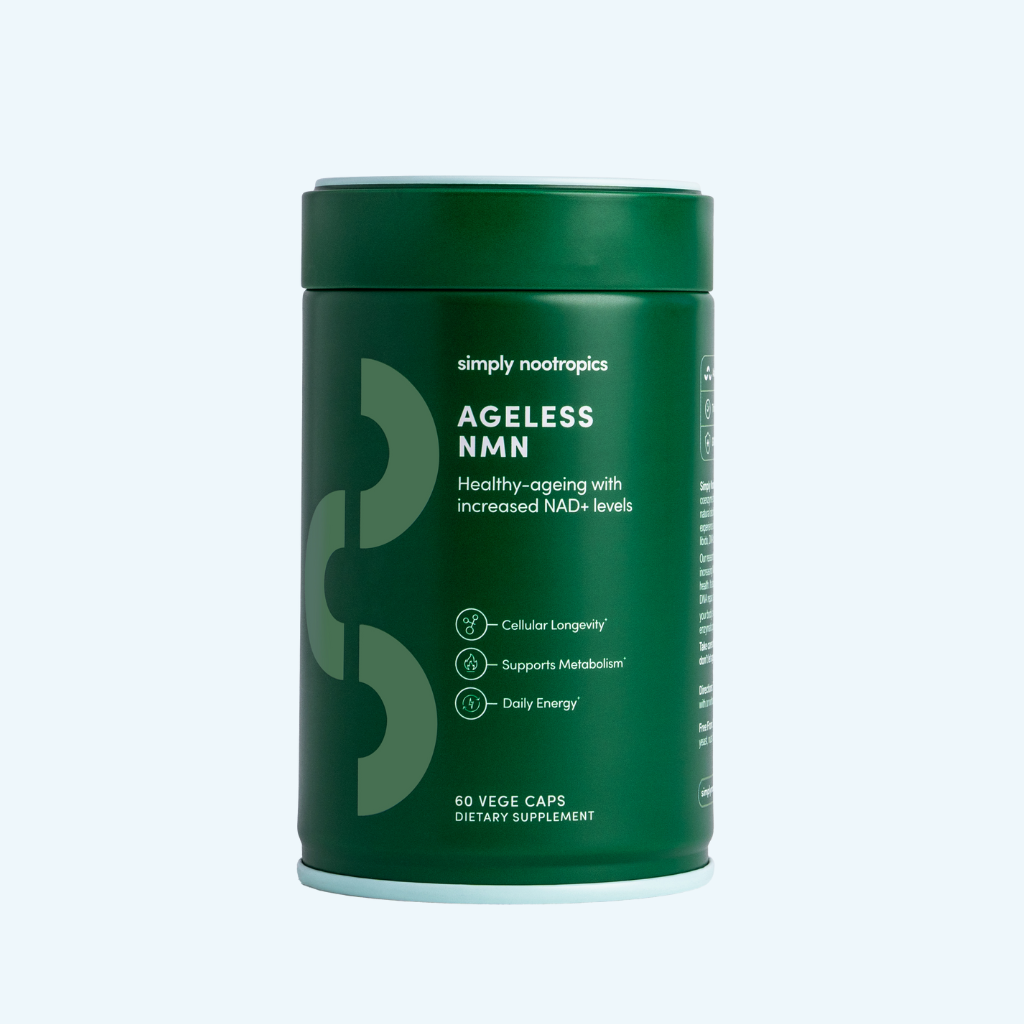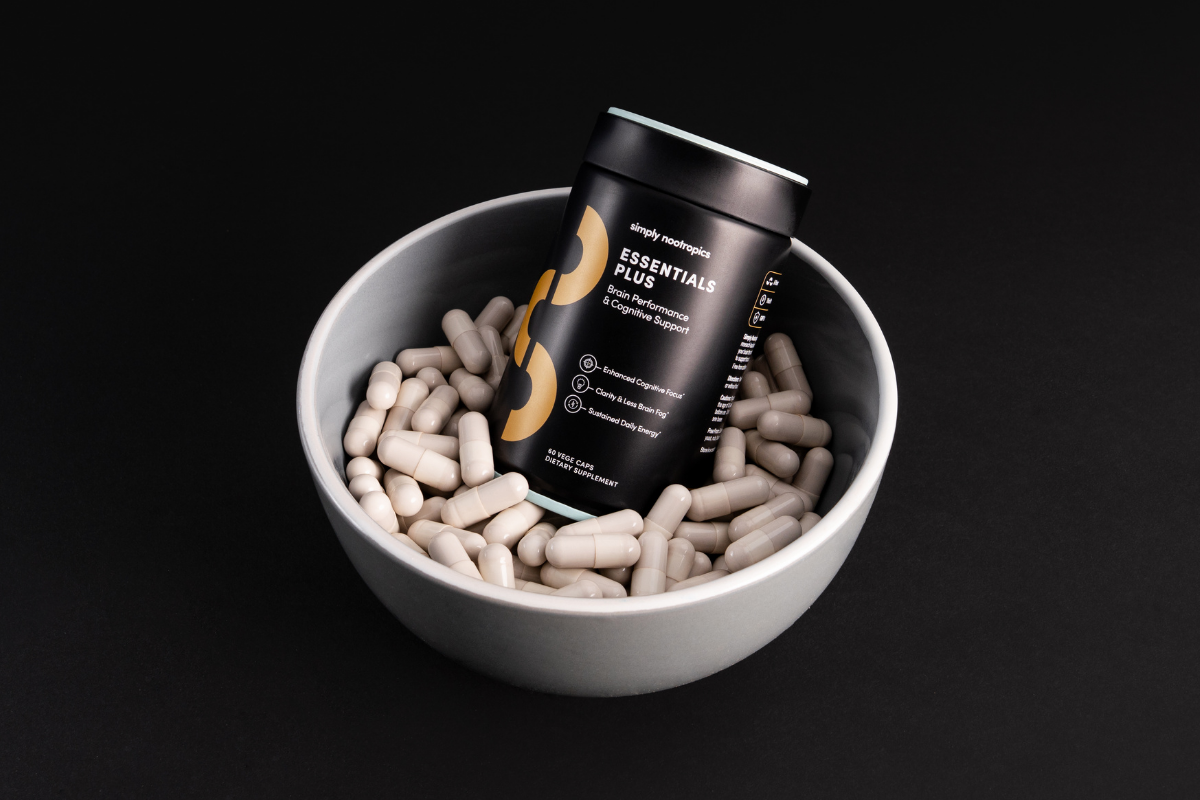It’s not just us; science confirms it too: out of all the methyl donors, TMG holds a special place in our hearts, and particularly in our livers. This nutrient is renowned for its crucial role in maintaining liver health by aiding detoxification and fat metabolism. Trimethylglycine (TMG) stands out due to its unique ability to support liver function and protect against fatty liver disease.
This compound not only contributes to overall health but also excels in reducing homocysteine levels, supporting heart health, and enhancing athletic performance. Let's compare it to other methyl donors like folate, vitamin B12, and SAMe to determine which one is the best for our health. But first of all... what are methyl donors?
Methyl Donors
Methyl donors are nutrients that give away methyl groups to different biochemical reactions in our body, a process called methylation. This process is very important for a few key reasons:
- DNA Repair and Synthesis
Methylation keeps our DNA in good shape, making sure our genetic info is copied and fixed correctly. It can also switch genes on or off as needed, which is crucial for normal growth and cell development.
- Detoxification
Methyl donors help detoxify harmful substances, making it easier for the body to get rid of them. They play a big role in the liver’s phase II detox process, turning fat-soluble toxins into water-soluble ones that can be excreted, which is vital to prevent toxin buildup that could harm cells.
- Energy production
Methylation is also involved in energy production at the cellular level, contributing to overall vitality and metabolic function. It helps make ATP (adenosine triphosphate), the main energy carrier in cells, ensuring they have the energy to function properly.
Common methyl donors include folate (vitamin B9), vitamin B12, and S-adenosylmethionine (SAMe). Each of these nutrients has its own role, but they all support the crucial process of methylation.
How Does TMG Work?
TMG primarily works as a methyl donor by converting homocysteine, a potentially harmful amino acid, into methionine, a beneficial one. High levels of homocysteine are linked to an increased risk of cardiovascular diseases. By converting homocysteine into methionine, TMG helps lower this risk, supporting heart health and preventing heart attacks and strokes.
Methionine can then be converted into SAMe, another key methyl donor involved in various biological reactions, including neurotransmitter synthesis and mood regulation. This makes TMG an important contributor to multiple methylation pathways.
TMG vs Other Methyl Donors
- Folate (Vitamin B9)
Folate is essential for DNA synthesis and repair, playing a significant role in cell division and is particularly crucial during periods of rapid growth, such as pregnancy and infancy. Folate deficiency can lead to serious health issues, including neural tube defects in newborns and megaloblastic anaemia in adults. Folate can be found in leafy greens, legumes, and fortified grains. While it supports many of the same processes as TMG, its primary focus is on DNA maintenance and cell growth.
- Vitamin B12
Vitamin B12 is vital for nerve function and the production of red blood cells. It also works closely with folate in DNA synthesis and repair. Vitamin B12 deficiency can lead to neurological problems, such as memory loss, and haematological issues, like pernicious anaemia. Vitamin B12 is commonly found in animal products such as meat, fish, and dairy, and its role extends beyond methylation, impacting neurological health and preventing anaemia.
- SAMe
S-adenosylmethionine (SAMe) is another important methyl donor. It is involved in mood regulation, liver function, and joint health. SAMe is often taken as a supplement to support mental health and alleviate symptoms of depression and osteoarthritis. Unlike TMG, SAMe is directly involved in neurotransmitter production, making it particularly important for mood stabilisation. It also supports liver health by facilitating the synthesis of glutathione, a critical antioxidant.
Why is TMG Unique?
TMG stands out among methyl donors because it’s really effective at reducing homocysteine levels: High homocysteine is a known risk factor for heart problems, so by converting homocysteine to methionine, TMG helps keep your heart healthy and lowers the risk of heart attacks, strokes, and other cardiovascular issues.
TMG is also great for protecting cells from oxidative stress, which happens when there’s an imbalance between free radicals and antioxidants in the body. This stress can damage cells, but TMG’s antioxidant properties help neutralise free radicals and keep your cells healthy.
Another cool thing about TMG is its support for athletic performance. It helps improve muscle function and endurance, making it popular among athletes and fitness enthusiasts. TMG enhances cellular hydration and reduces fatigue, leading to better workout performance and quicker recovery times. Studies have shown that taking TMG can boost power output and increase resistance to fatigue during intense exercise.
Sources of TMG
Incorporating TMG into your diet can be very simple, since there’s great foods that are rich in TMG, not to mention supplements:
- Foods: Beets are one of the best sources of TMG, making them a powerhouse addition to salads, juices, and roasted vegetable dishes. Spinach is another excellent source, easily included in smoothies, salads, or sautéed as a side dish. Shellfish, such as shrimp, scallops, and mussels, not only provide TMG but also come packed with other essential nutrients like omega-3 fatty acids and zinc. Whole grains like quinoa, brown rice, and whole wheat products offer a versatile way to boost your TMG intake while also supplying fibre and other vital nutrients.
- Supplements: Simply Nootropics TMG provides a great source of TMG, supporting heart health, liver function, and athletic performance. This supplement helps manage homocysteine levels, reducing the risk of cardiovascular diseases. Plus, athletes and fitness enthusiasts can use the best TMG supplements to enhance muscle endurance, boost energy levels, and improve recovery times. With its role in methylation and cellular protection, the best TMG supplementation is a valuable addition to a well-rounded health regimen.
So, next time you're planning your meals, think about incorporating some TMG-rich foods and consider TMG supplementation too for maximum benefits. This way, you can fully enjoy the amazing health advantages that this powerful nutrient offers, supporting your heart health, boosting your athletic performance, and ensuring your body functions at its best!















